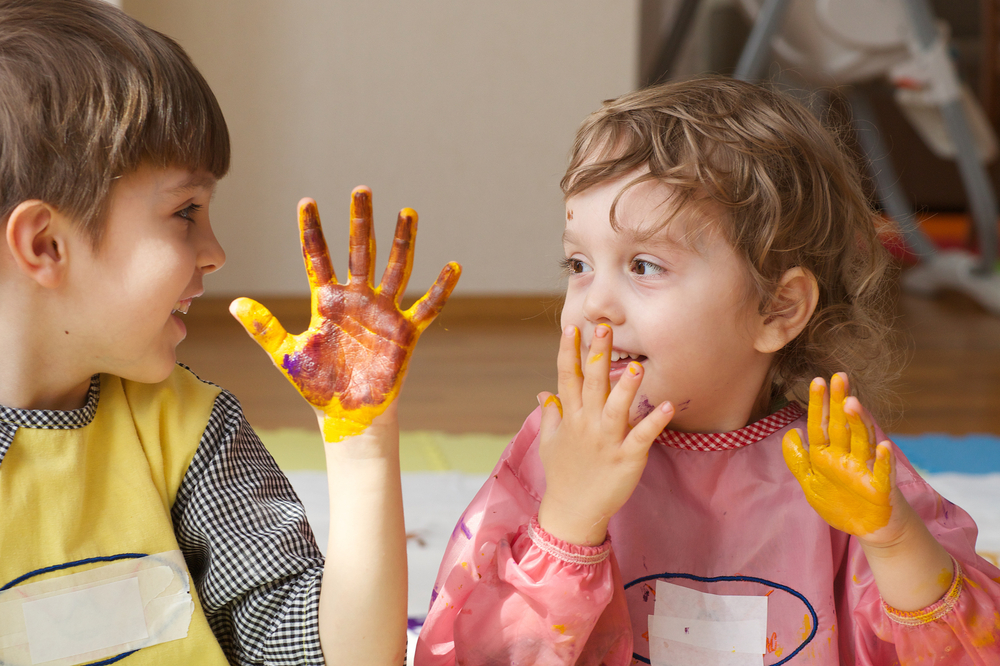Number Recognition Science Worksheets for Ages 6-9
12 filtered results
-
From - To
Explore our engaging Number Recognition Science Worksheets designed specifically for children aged 6-9! These printable activities seamlessly blend science concepts with essential math skills, promoting early number recognition through vibrant illustrations and interactive questions. Perfect for classrooms or at-home learning, our worksheets encourage children to identify numbers while exploring basic scientific principles. Each worksheet supports skill development in an enjoyable and educational manner, boosting confidence and curiosity. Ideal for teachers and parents alike, our resources make learning fun and effective, ensuring that young learners build a strong foundation in both numbers and scientific understanding. Start your adventure in learning today!
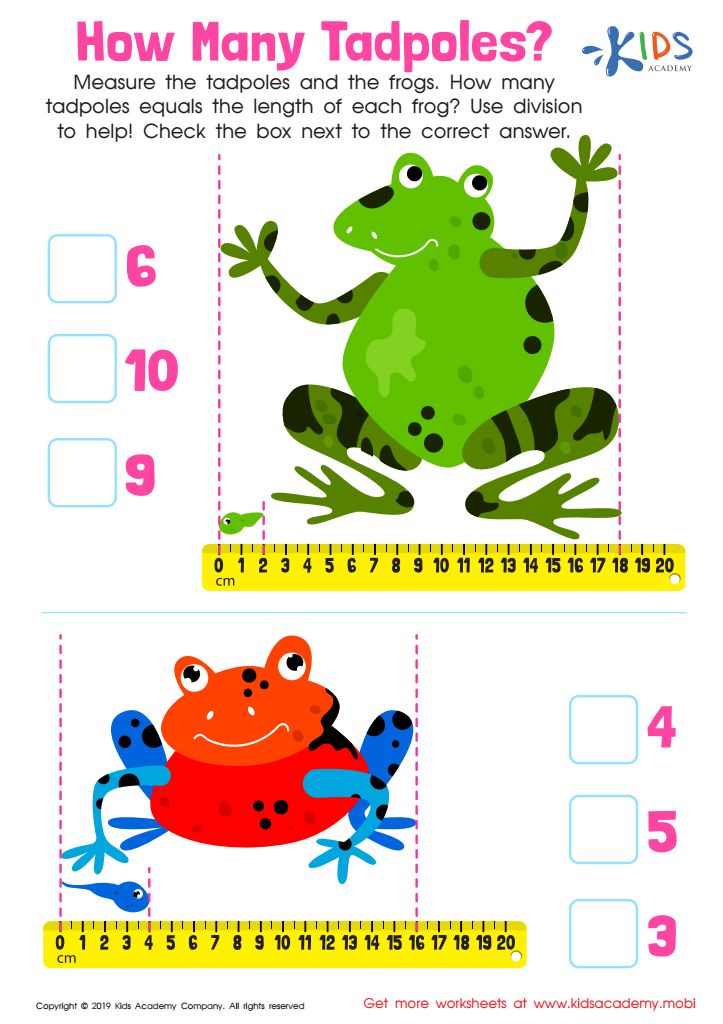

How Many Tadpoles Worksheet


Robot Printable


African Wildlife: Giraffe Worksheet
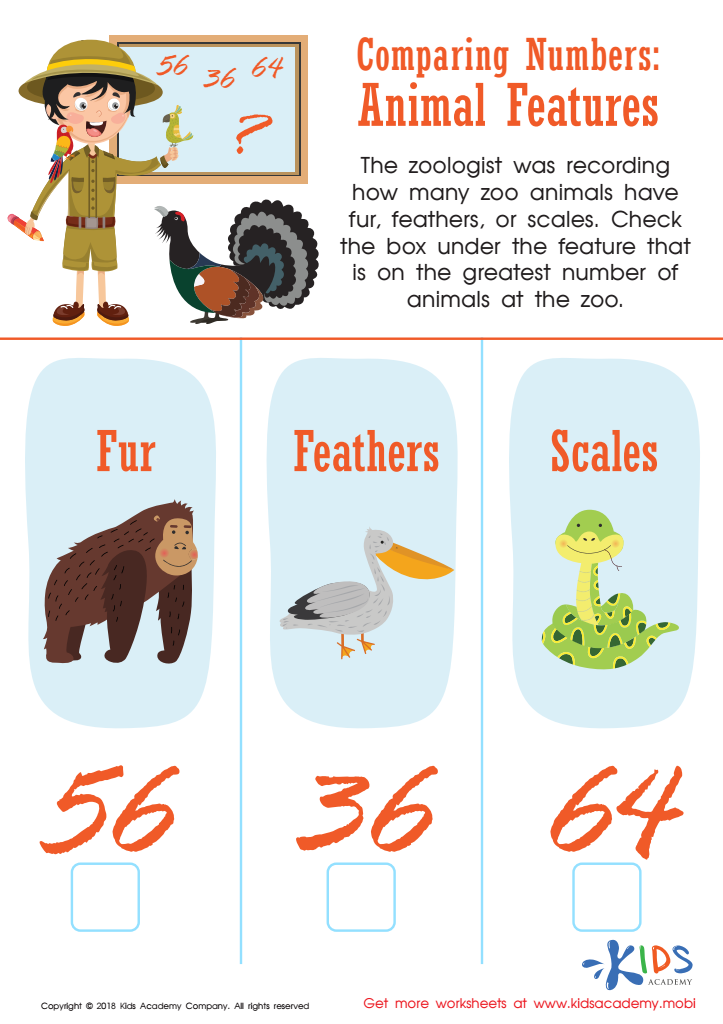

Animal Features Worksheet
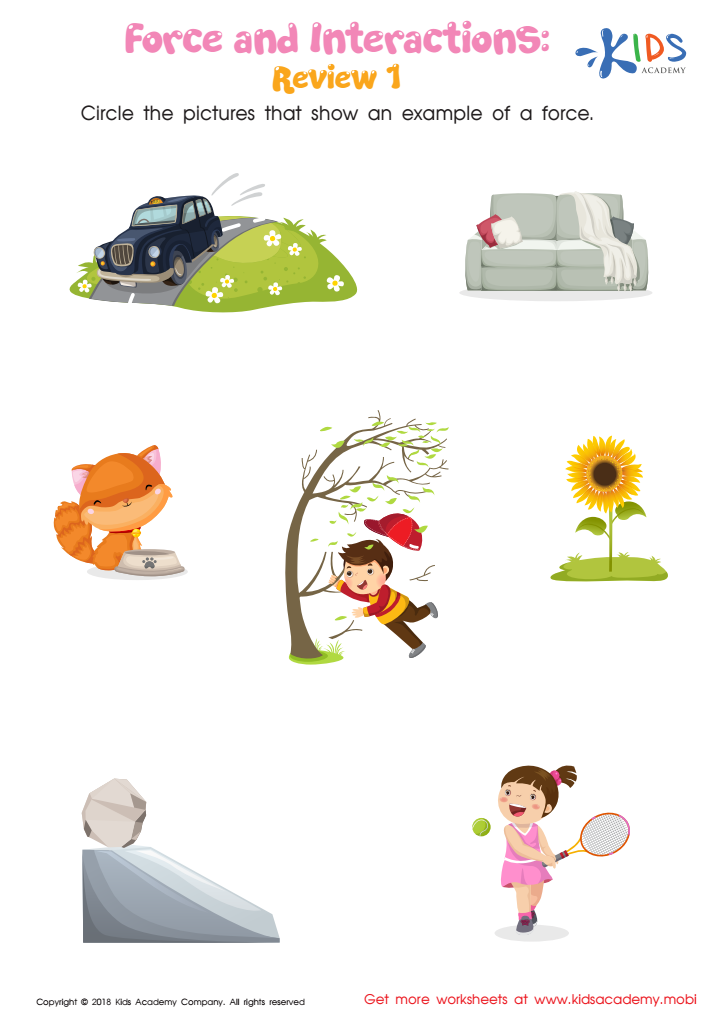

Force and Interactions: Review 1 Worksheet
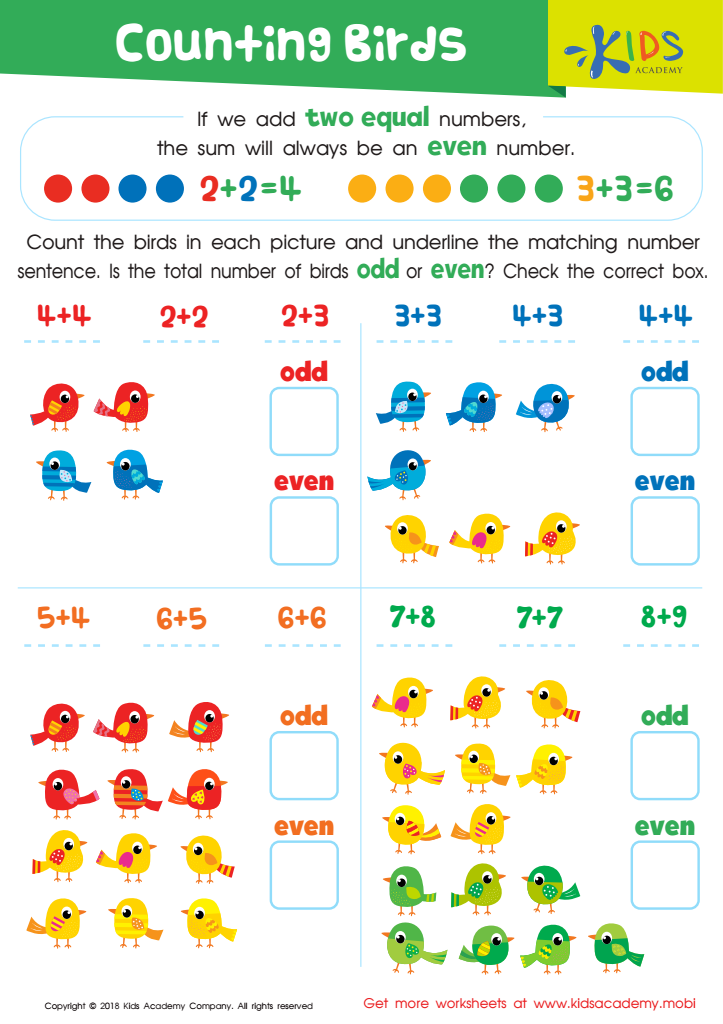

Counting Birds Worksheet


More Octopus Facts Worksheet
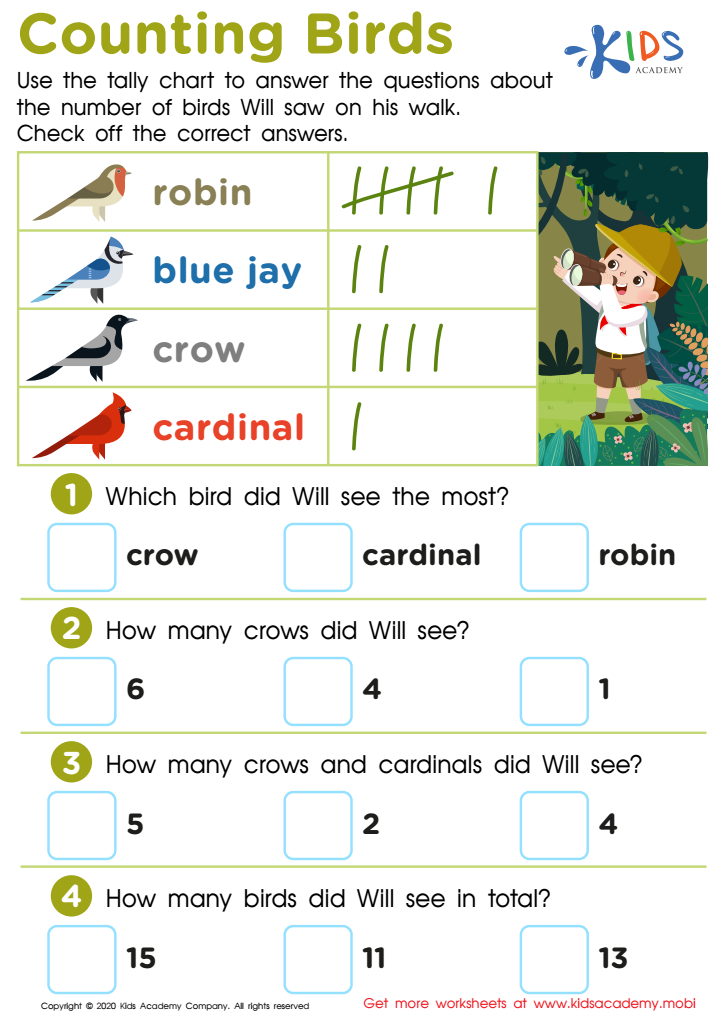

Counting Birds Worksheet
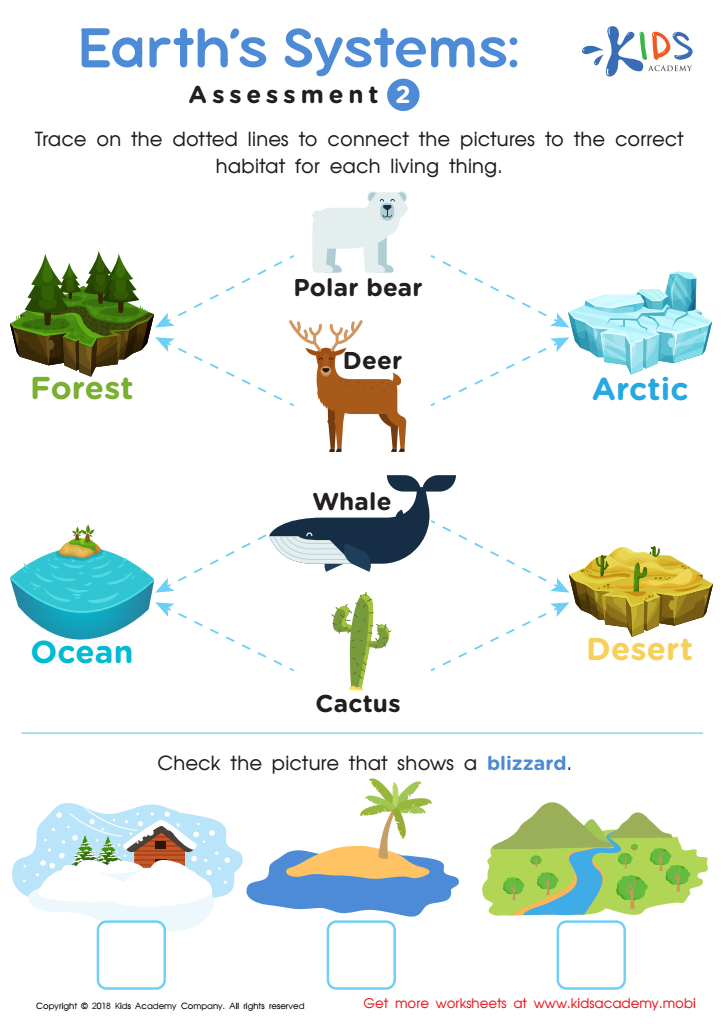

Earth's Systems: Assessment 2
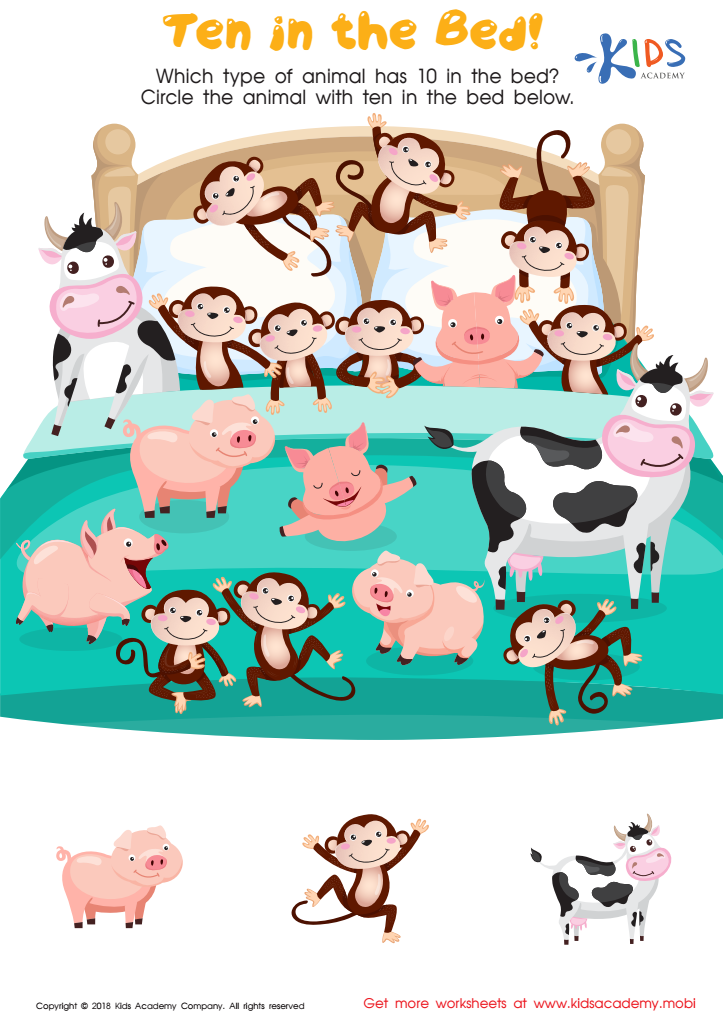

Ten in the Bed Worksheet
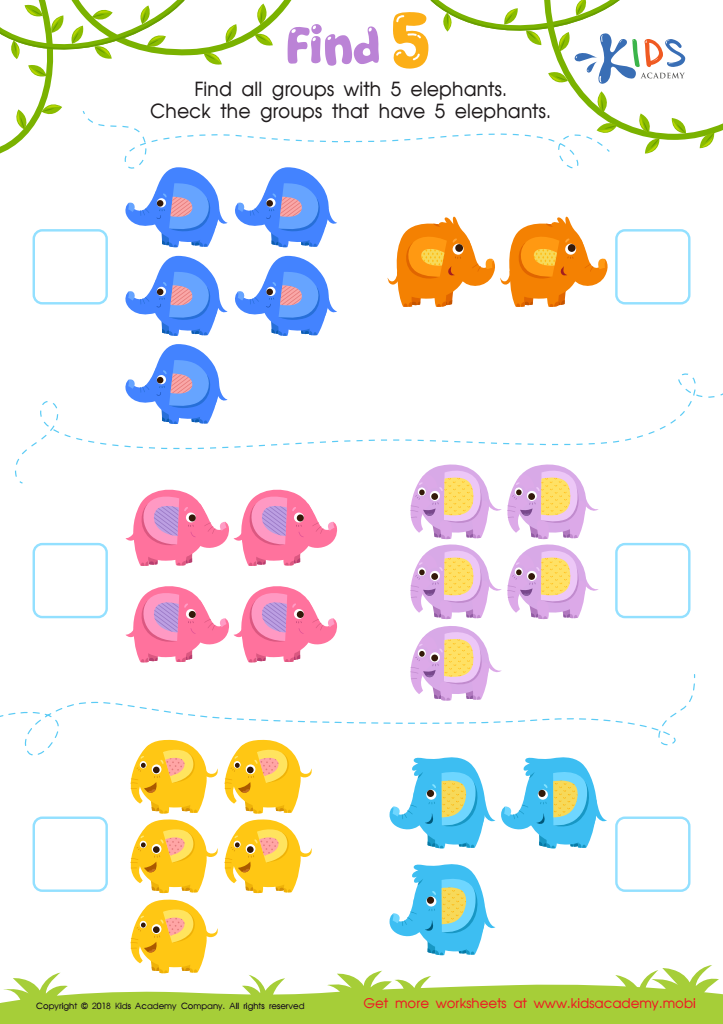

Find 5 Worksheet
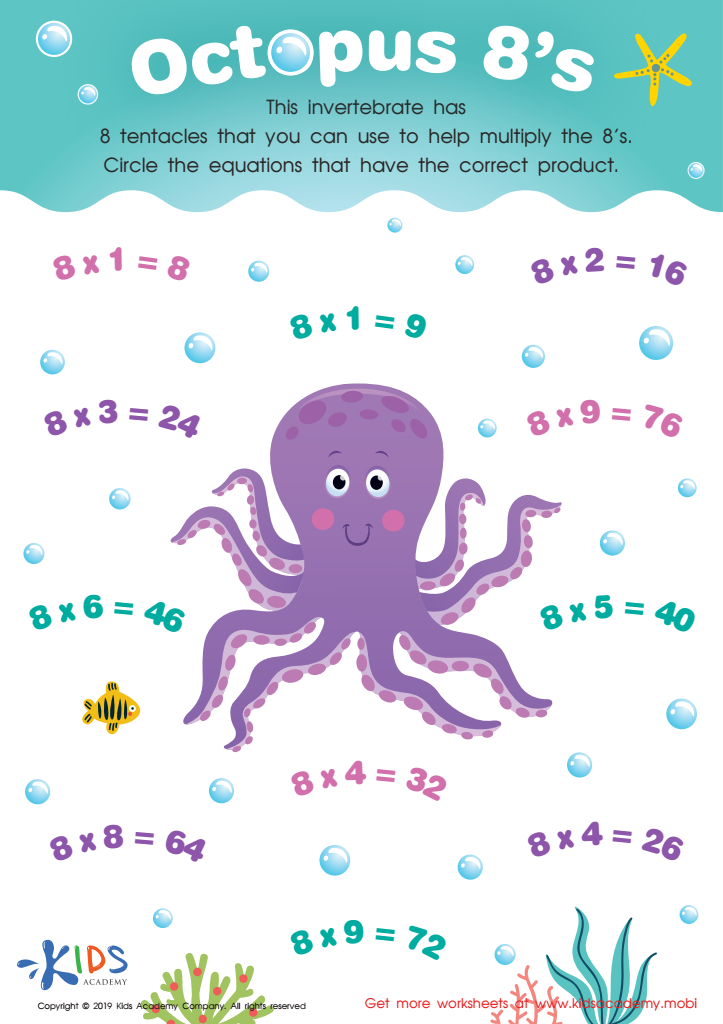

Octopus 8’s Worksheet
Number recognition is a foundational skill essential for children aged 6-9, playing a critical role in their overall math development and academic success. During this stage, students transition from basic counting to understanding numerical concepts. By mastering number recognition, children develop the ability to identify, compare, and manipulate numbers, which forms the basis for more advanced mathematical concepts such as addition, subtraction, fractions, and problem-solving.
Parents and teachers should care about number recognition because it fosters confidence in children's mathematical abilities, influencing their overall attitude towards learning. When students can recognize and feel comfortable with numbers, they are more likely to engage with math content, participate in activities, and develop a positive mindset about their competence.
Additionally, number recognition has practical applications, such as understanding time, money management, and data interpretation—skills necessary for everyday life. Engaging children in number recognition activities stimulates cognitive development, critical thinking, and promotes collaborative learning experiences. Ultimately, nurturing number recognition helps build a strong foundation for future learning, equipping children advantageously in their education and daily interactions. Consequently, parental and teacher involvement is key to supporting children in achieving math proficiency and developing a lifelong love for learning.

 Assign to My Students
Assign to My Students







